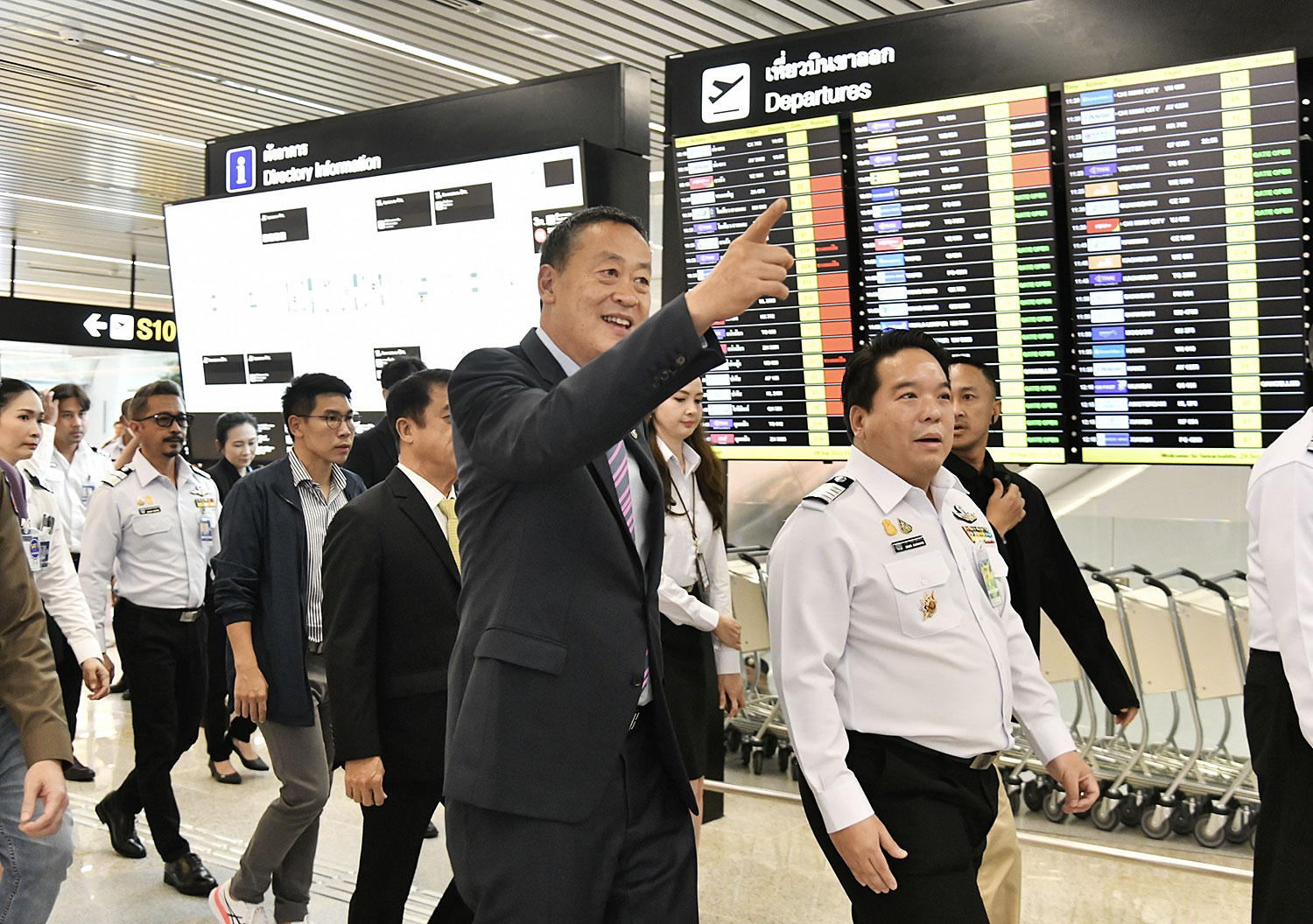
Prime Minister Srettha Thavisin wowed some members of the public after he donated his six-digit income, monthly salary and his allowance as a premier to some charities.
His monthly income as head of the government totals 125,590 baht -- a 75,590-baht salary plus a 50,000-baht position allowance. According to government spokesman Chai Wacharonke, the donation is to go to those advocating for children's welfare, among them the Foundation for Children.
And this is not a one-time donation. The handout is apparently to last until the end of the prime minister's tenure, totalling around six million baht, should he complete his four-year term.
Mr Chai said the donation attests to how the prime minister -- who is also finance minister -- attaches high value to the act of giving. Not to mention his idea of "leading by example", the spokesman told the media. He is to talk to charity organisations to register their needs. Perhaps the billionaire tycoon turned premier really does have a kind heart and means well as a serious philanthropist. But, given his enormous wealth, the donation is not a big deal.
Yet, the manner in which he publicised the handout -- through the spokesman -- gives the impression that there is a dire need for the PM to have some feel-good news so as to boost his and his coalition government's popularity amid rising suspicion over several of his party's flagship policies, such as the 10,000-baht digital wallet and other poll promises -- particularly poverty reduction and solutions to inequality.
If economic data can be a guide, the ongoing weak baht and the slump in the stock exchange seem to suggest low public confidence in the administration.
His critics, in particular, are displeased. And they have every reason to question such philanthropy -- which is in no way a means of eradicating poverty and inequality -- a social time bomb that could easily lead to turmoil.
Thailand is classified by the World Bank as a medium-high-income country with a per-capita income of US$7,066, about 254,300 baht, a year, as of 2021.
Such figures are misleading. In fact, it's known that wealth concentration is an issue, and few Thais earn that much.
Related data released by the World Bank showed that some 88.2% of deposit holders have just over 4,000 baht in their bank accounts.
In addition, reports by the Trade Policy and Strategy Office (TPSO), the Commerce Ministry's planning unit, indicated that the percentage of people living in poverty from 2011 to 2021 was stagnant at 6-8%, especially in the farming sector.
More than 11% of households with a primary income from agriculture are still below the poverty line, earning an income of around 2,802 baht per month per person.
Those figures strongly suggest that a lot needs to be done in a swift manner to address such challenges.
The PM must know that the key to these persistent problems is structural change -- not shoddy populist measures aimed at political gains that merely add to the state's budget burden.
Among those dubious measures is the 32-billion-baht debt suspension programme for farmers -- which is seen as an expensive yet inefficient mechanism that, without major rectification, will barely bring a new life for farmers.
This is just one example.
Courage is required to make a real change. Mr Srettha must prove he has it.
